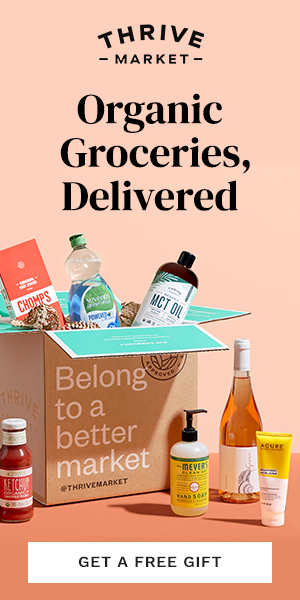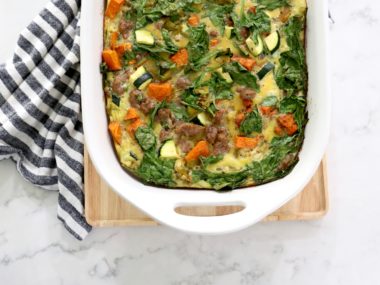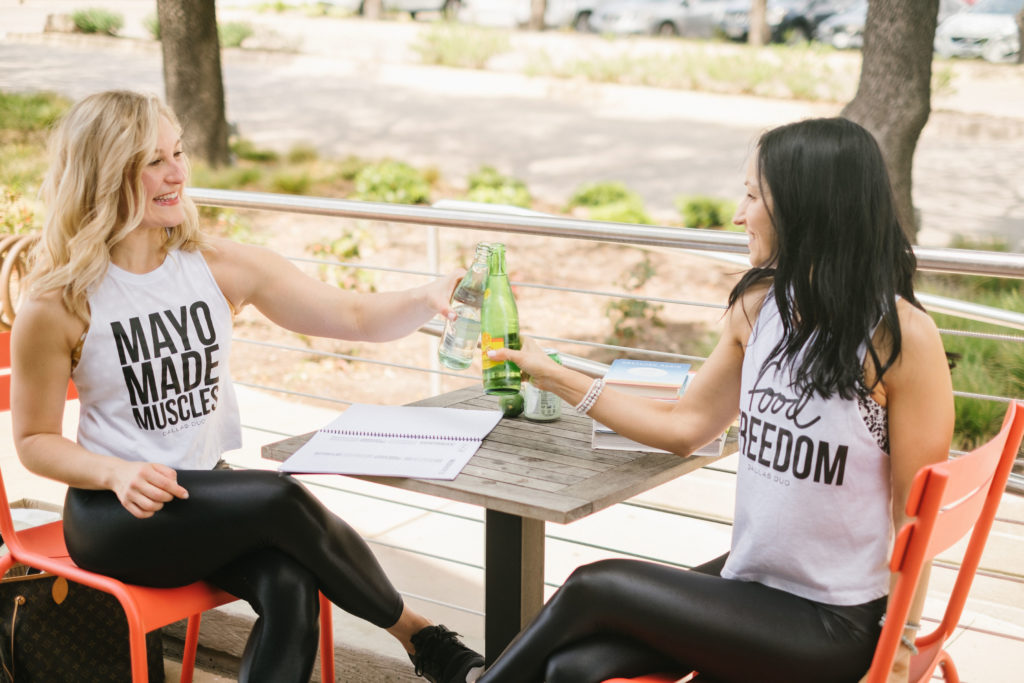 Dishin’ with the Dietitian – Q+A with Whitney Stuart, RDN (my Dallas Duo co-founder!)
Dishin’ with the Dietitian – Q+A with Whitney Stuart, RDN (my Dallas Duo co-founder!)
Addressing nutrition and healthy lifestyle questions with the insight of an RDN. In this edition, we’re chatting about how alcohol really affects your body and exploring what balance and moderation mean when it comes to drinking (or not)!
Spring is in the air (and Cinco de Mayo is right around the corner, ha)! Whether it’s date night, GNO, or family brunch one of our favorite things to do is sit on a patio full of sunshine. And we love a good margarita as much as the next person! But, a Sassy & Sober lifestyle/occasional choice is an equally fantastic option…
We believe balance is key to maintaining a healthy lifestyle but that comes with a disclaimer; this doesn’t mean “everything in moderation.” Whether or not you choose to include alcohol (and how much/often/type/location) in your #FoodFreedom/best-self/healthy lifestyle is a personal decision.

Why this subject?
After two years of Whole30 community coaching, alcohol intake and how to consume in a healthy manner continues to be a top FAQ and challenge.
Although alcohol isn’t our expertise, our own Food Freedom is, and promoting others! We’re airing out this often “drowned out” subject; the more transparency the better. (For more details, direction, and support; see our experts linked at the bottom). But, let’s dive into how alcohol affects your body overall; emotionally, physically, and in your social circles. Making intentional, informed decisions while still being able to live your life is a big part of taking control of your health!
Q. Why consider sobriety?
A. Alcohol has more harmful than helpful effects on the body. Although it may cause you to feel drowsy as part of a nighttime routine, it actually worsens sleep; decreasing the quality, REM sleep, that you receive. These nightcaps may cause you to feel sluggish the following day.
Q. How else does alcohol affect the body overall?
A. Most of the time, my patients are looking to improve digestion of their nutrients. Alcohol inhibits that; changing the speed of transition through the gut causes decreased absorption and oftentimes (get ready for it!), diarrhea. Your hormones respond to alcohol use, too. As the endocrine system aims to maintain the body’s homeostasis, chronic consumption of a large amount of alcohol disrupts communication to other systems and can manifest as hormonal dysregulations, stress abnormalities, and thyroid problems.
Ok, let’s take a step back. Realistically, how do you know if you’re drinking moderately?
Q. What is moderation?
A. Based on the 2015 Dietary Guidelines for Americans, it is advised to limit alcohol to one drink per day for women and two drinks per day for men. More than this leads to increased risk for high blood pressure, liver cirrhosis and several forms of cancer.
Q. And, what is an actual serving size? (It’s not a Mambo Taxi or the large pours at Sachet, I fear!)
- 12 ounces of a beer
- 5 ounces of table wine
- 1.5 ounces of 80-proof distilled spirits
But, within these guidelines there has to be personalization…
A question we’ll leave you to consider: What does moderation mean to you when it comes to alcohol intake? How much/how often/what can you drink and remain unphased, if at all? It’s time to determine your limit so that you can thrive and have control over each situation as needed!
Q. Otherwise, what is the tradeoff?
A. During Whole30, we spend a lot of time discussing our goals and actions to achieve them. How can you eat during Food Freedom in order to maintain the health/body you desire? When we apply these to alcohol, you may consider the consequences of a drink on a night out vs your health. And/or, enjoy a mocktail instead and hit the early morning with ease?
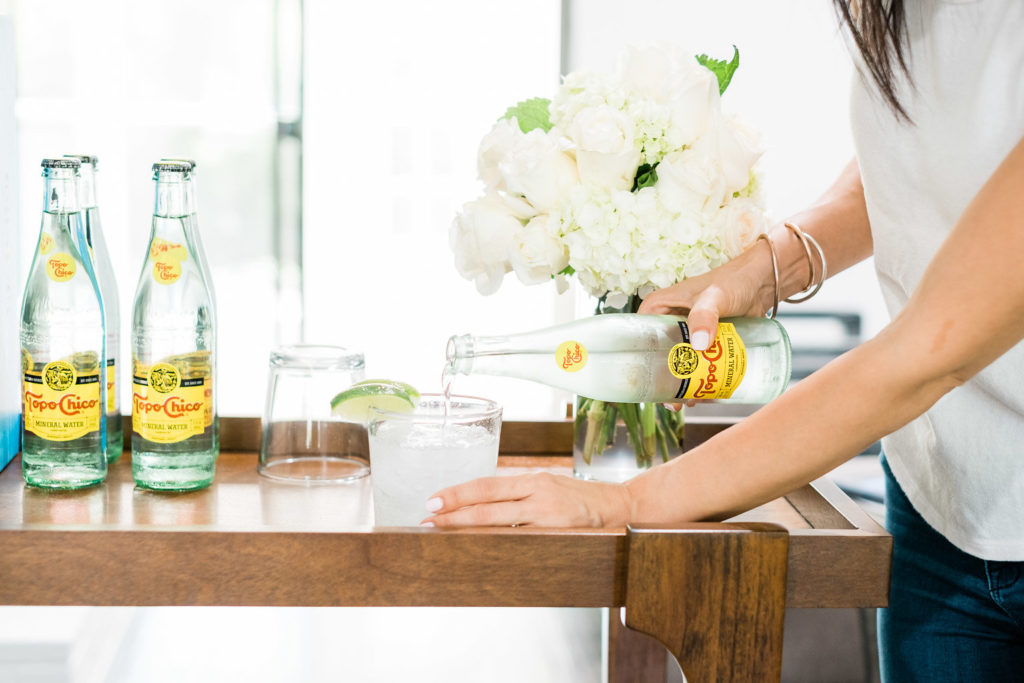
Q. What can be done the next day to minimize the effects of a couple of drinks?
Alcohol dehydrates the body. It decreases the body’s production of anti-diuretic hormone. Downgrading the function of this hormone decreases your body’s ability to reabsorb water. AKA you get dehydrated AF!
My strategies: I make sure I’m well hydrated (and fed) before I drink, and switch off with water if I have a second serving. I always follow up with a bedtime refreshment; preferably the unsweetened lyteline concentrate which I can add to my water glass. Try a free sample here*
Q. How can choosing sobriety occasionally or for periods of time benefit your health?
A. There are two major advantages I see from periods of sobriety; mental clarity with my social circle and improved awareness of my hunger signals.
Although some research shows that moderate (1-2 servings) intake of alcohol may not cause a change in weight, there is much research that shows the increased likelihood of poor food choices after imbibing. Individuals tend to overeat when they sit down to a high-fat meal and wash it down with alcoholic drinks, according to research results from two studies published in The American Journal of Clinical Nutrition.
Q. Let’s be real…what are the negative effects of alcohol on the body in the moment?
A. This may vary with the phase of life you’re in! As a 21 year old, alcohol just made me dance more. But now when my inhibitions are lowered, I tend to have a harder time saying no to sugar and recognizing my hunger signals. And during a more stressful life phase, although a glass of Pinot sounds like a good nightcap, I know my sleep will be better and more restful if I choose water or tea instead. I need my body running at full capacity when life is busy/stressful. Alcohol dilutes that feeling, and my immune system.
I also find that sober social outings are more valuable! A drunken night out doesn’t require quality planning, a sober one requires time and energy spent on what non-food and non-drink related activities we’ll do. Rock climbing at Summit, manicures at Miniluxe, a pinterest crafting night; there’s definitely more quality one on one time with friend in these moments!
Q. How to deal with the pressure of “Mom Wine Culture” and Happy Hour drinking?
A. As I’ve become more confident in my Food Freedom saying no thank you with confidence and moving on to the next (more important) topic of conversation is easier. Bottom line: my health, my choice! Again, it’s not really about the food/beverages is it?? Focusing on the people you’re spending time with, enjoying the moment, etc…
In Closing…
Whit’s Take- The alcohol conundrum is an interesting one. I see it with coffee and wine. My patients are willing to give up everything but “don’t touch my coffee”/ “my nightly wine glass”.
Honestly, I would rather there be a bit more flexibility and grace with the food you’re chewing, than drinking. Especially when alcohol intake tends to cause us to make less healthful choices after drinking…and leads to chronic inflammation, which is ironic, as it’s often paired with a very anti-inflammatory meal. When you want to improve your health, it may not need to be “less food”, it may need to be “less alcohol!” Might not be what people want to hear but it deserves being stated!
Andrea’s Take- Balance or abstaining when it comes to alcohol intake is personal. Not drinking when others were used to make me feel uncomfortable. I felt extra awkward if someone called me out for passing it up. What is that all about anyway?! Hint: It’s actually not about me! I’m thankful I’m now completely confident in saying no to any food or drink I don’t actually want (or saying yes to what I do). For us, sometimes balance means “not drinking right now” and other times it means ranch water with dinner at our favorite tex mex spot or mimosas at brunch. It also means modeling a healthy relationship with drinking to our children…and, we take the same approach with food!
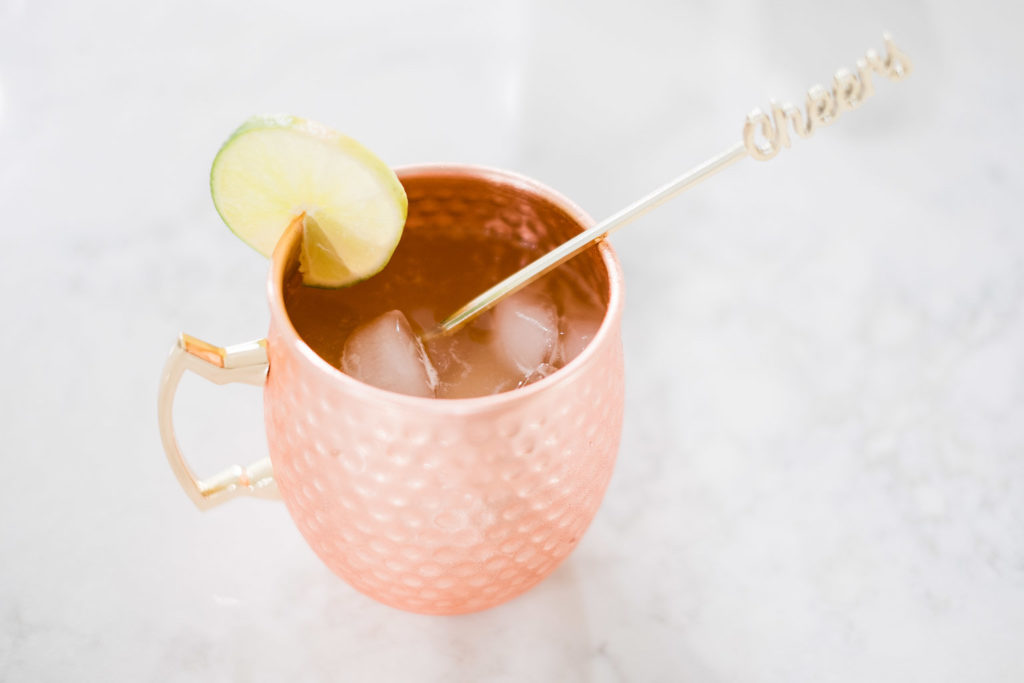
Start Here! (We know that was a lot, so here are the takeaways)
- Calories from alcoholic beverages can add up. On a night out, start with a nonalcoholic drink, then drink an alcoholic beverage slowly.
- Eating also slows the absorption of alcohol. Know your limit. At the end of the night, guzzle some water and electrolytes.
- Consider switching it up with mocktails, fun elixirs, or the type of alcohol you choose. We’ve listed a few cleaner, less burdening options below.
- Favorite non-alcoholic beverages to sip in social situations: GT’s Kombucha/LaCroix/Waterloo, club soda or Topo Chico with lime (see my Mocktails post for more!)
- Upgrading the glass your non alcoholic beverage is in (make it pretty and festive!) and the environment is EVERYTHING. Same environment, but sober.
- Whitney’s Strategies for handling social sober, potentially awkward situations
- Cleaner Options:
- Dry Farm Wines
- Scout & Cellar
- Non-sugar options– low sulfite, organic, looking for the biodynamic wine label….
- Andrea’s Ranch Water Recipe

Feel free to comment and share your own thoughts/questions on this subject! If you have a topic you’d like to see covered in this series, send it our way…and, be sure to check out our most recent DWTD posts on Collagen and Tips for Travel!
To contact/get more information about the services Whitney offers through her practice, Whitness Nutrition, you can book a free interest call or email whitney@whitnessnutrition.com, and be sure to follow her on the gram…
Cheers to the weekend and your good health! Thanks for stopping by! xx- Andrea + Whitney
Photography: Stephanie Drenka
Online Resources:
https://www.mphonline.org/wine-mom-culture/
https://www.parentmap.com/article/wine-drinking-culture-motherhood-women
https://whole30.com/2018/08/whole-mamas-1/
Research:
Chronic consumption of a large amount of alcohol disrupts the communication between nervous, endocrine and immune systems. This causes hormonal disturbances, including stress abnormalities, thyroid problems, immune dysfunction, etc.
https://www.ncbi.nlm.nih.gov/pmc/articles/PMC3767933/
In one study, alcohol‐dependent subjects experienced increased concentrations of cortisol which progressively increasing. Thus, there was a daily cycle of hypercortisolemia during active drinking phases and in cessation and withdrawl.
https://onlinelibrary.wiley.com/doi/abs/10.1097/01.ALC.0000087581.13912.64



